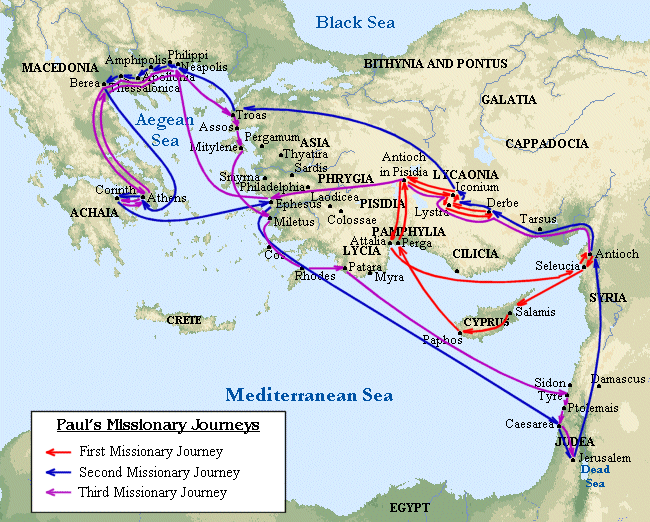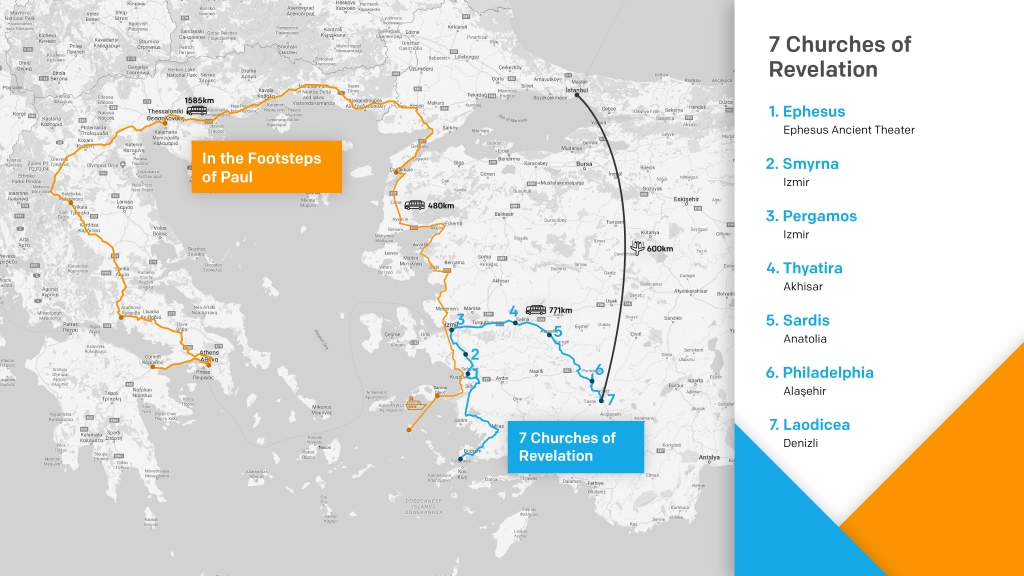Let me ask you a very simple question! What do you see?
I’ll tell you what I see! A very muscular, insanely brave man risking his life by hanging by his toes from a rock precipice a 1000 feet in the air in the Pedra Branca National Park in Brazil!
Let me ask you the same question over again! What do you see?
I see a very strong, insanely clear and unmistakable command in the Bible that women are NOT to teach men or have authority over them in any supervisory, pastoral or leadership role!
However, as we learn from the picture in Brazil, your first impression can be misinforming!
In this case, the actual context of the photo indicates that the rock is a mere 6 feet above the ground and the camera angle was misleading!
Sometimes, people who are new to Riverwood will ask me, “How can Riverwood have such a blatant disregard for what is clearly stated in the Bible when it comes to women in leadership?”
In actuality, we spent no less than 18 months studying the issue about 16 years ago. What we discovered is that, like the photo of the guying hanging from the cliff, Paul’s words in 1 Timothy are missing a pile of context!
I don’t have time this morning to go deeply into what we discovered, but allow me to provide the highlights:
Our study lead us to study this passage for all angles, rather than just the literal-English angle. We tested for…
- Grammatical Integrity
- Historical Integrity
- Contextual Integrity
- and Intention Integrity
First, we discovered that Paul’s command and restriction is actually a contradiction of many other passages where God raised up women to lead, teach and have authority over men!
Ie: Miriam – led Isreal out of bondage (Micah 6:4 / Ex 15:20-21)
Ie: Deborah – prophetess, competent judge and warrior-leader. Rule over Israel for 40 years (Jud. 5:31)
Ie: Esther – ruled with all authority (Es. 9:29-30)
Ie: Phoebe – deacon (Romans 16:1)
Ie: Junia – one of the first female apostles (“outstanding amongst the apostles”) Romans 16:7
Ie: The following list is of first-century women ministers and church leaders mentioned in the New Testament: Philip’s daughters (Acts 21:9), Priscilla (Acts 18:26; Rom. 16:3-5, etc.), Phoebe (Rom. 16:1-2), Junia (Rom. 16:7), possibly Chloe (1 Cor. 1:11), Euodia and Syntyche (Phil. 4:2-3), Nympha (Col. 4:15), Apphia (Phlm. 2), “the chosen lady” (2 John 1), “the chosen sister” (2 John 13), and probably Lydia (Acts 16:40), etc.
If Paul’s instruction to Timothy was a ‘timeless-truth / regulation-for-all-time’ the rest of the Bible certainly didn’t get the memo!
Second, Timothy was stuck in Ephesus, needing to counter the Gnostic Heresy that taught that women possess superior spiritual knowledge over men and was having to deal with the current practice of women shouting from the ‘women’s side of church’ at their husbands on the ‘men’s side’.
Paul says, “Look! With these women coming out of the Temple of Diana and the Gnostic Heresy, I don’t even allow them to speak in church!” His words were very contextual to the church in Ephesus!
Third, the word translated ‘authority’ in English is ‘authenteo’.
Cynthia Long Westfall, (PhD, University of Surrey) is assistant professor of New Testament at McMaster Divinity College in Hamilton, Ontario says of ‘authenteo’…“In the Greek corpus, the verb authenteō refers to a range of actions that are not restricted to murder or violence. However, the people who are targets of these actions are harmed, forced against their will (compelled), or at least their self-interest is being overridden, because the actions involve an imposition of the subject’s will, ranging from dishonour to lethal force.”
Greek scholar, Kiddle says, “authenteo is to thrust one’s self upon; it has vulgar connotations of a sexual nature”
Fourth, the difficult phrase…” 15 But women will be saved through childbearing, assuming they continue to live in faith, love, holiness, and modesty.”…needs to be understood in context!
Marg Mowczko writes this about verse 15:
“One suggestion for interpreting verse 15 is to take into consideration that some Ephesian women may have been looking to Artemis for help during childbirth children. However, it is not through Artemis, or even Eve, that women are kept safe through childbirth, but by remaining in faith, love, and moral purity with self-restraint—godly behaviour….(however)…
It is more likely that Paul’s real meaning here was that he wanted the Christian women of Ephesus to know that getting married, having sex, and having children (a clear indication that a woman has had sex) would not jeopardise their salvation, as some ascetics taught. (Early Christian literature shows that early Christians placed an importance on the “purity” of celibacy and virginity.”
Amy R. Buckley, in an article entitled “Why Don’t More Churches Ask Women to Lead” sums up the context of 1 Timothy 2 pretty well when she says,
“In that time, the word (authenteo) was associated with cultic practices of women priestesses using their sexuality to dominate men for selfish gain, which applied to specifically this church, in this location at this time. Some well-respected evangelical scholars think this means Paul did not permit a woman of that particular community to teach and dominate a man for selfish gain resulting in licentiousness.”
As a church, are we playing fast-and-loose with the Bible?
Are we choosing to simply ignore Biblical commands, bowing to cultural pressure?
No!
We’ve studied hard, weighed these and many other arguments and worked hard to get the bigger picture!…and sometimes it’s the bigger picture that helps it all make sense!
Oh look! What a romantic moment between lovers!
…and, how lucky is this guy to be in Paris!?!?!
Oh yah! Context! 🙂
HIT ‘COMMENT’ BELOW to share your reflections! You don’t have to complete personal fields to participate!













